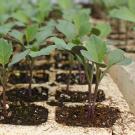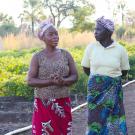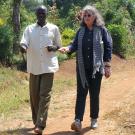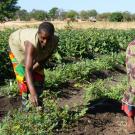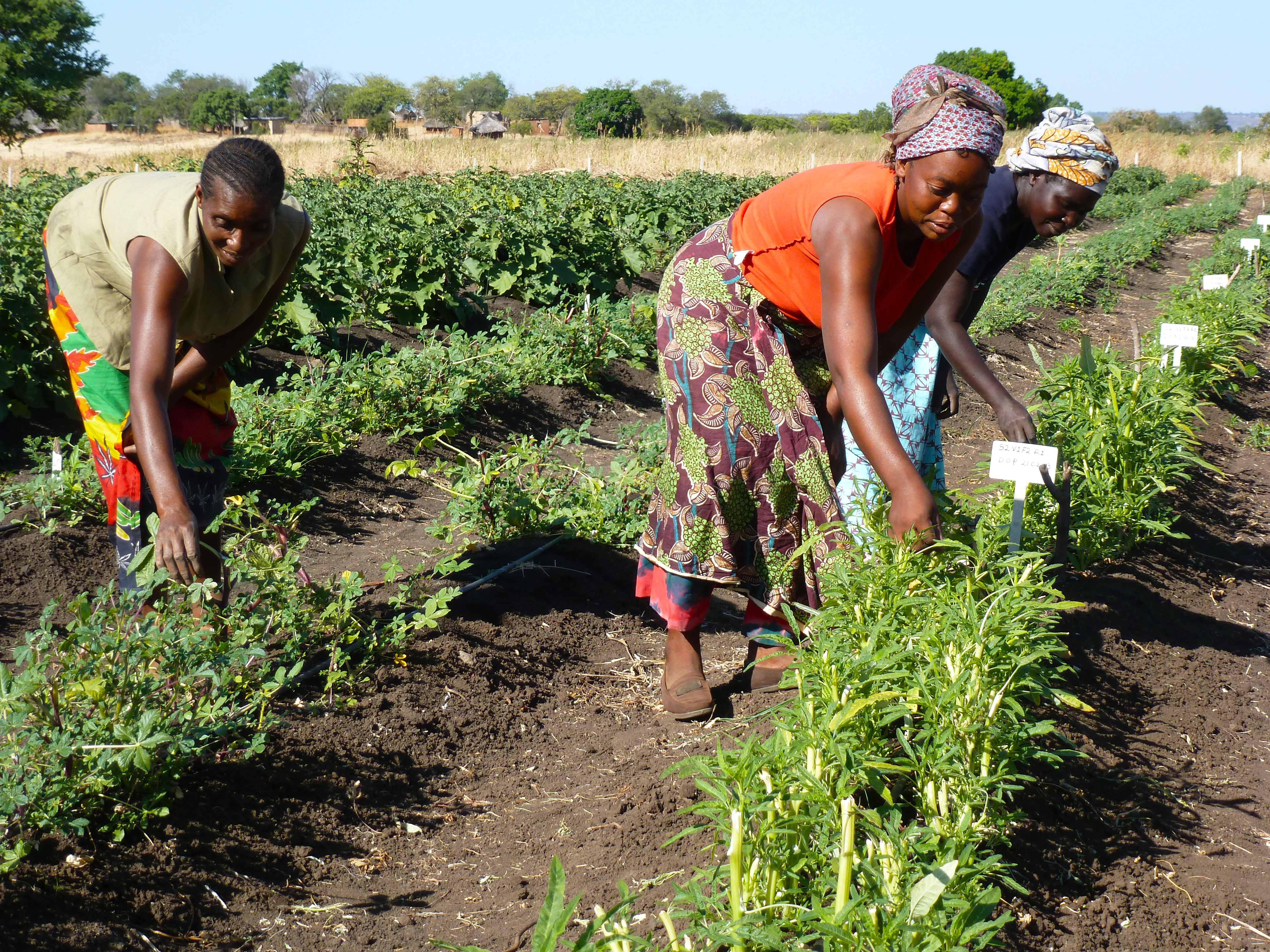
This project's research will support and strengthen African indigenous vegetable industries using a market-first, science-driven approach that connects stakeholders along the value chain. Vegetables will vary within countries based upon market demand and nutritional benefits, potentially including amaranth, moringa, African eggplant, Ethiopian mustard, African nightshade, and spider plant.
Focus areas include greater access to quality seed and markets, improved production, postharvest handling, value addition and increased knowledge of vegetable health benefits. Value chain interventions will improve production and streamline movement of produce from farm to table while addressing food, nutrition, income insecurity, and gender inequality. Activities will characterize nutrient levels from improved germplasm, production, harvesting and postharvest handling of fresh and prepared indigenous vegetables focusing on vitamin and mineral composition, bioactive phytochemicals and anti-nutritive factors.
Surveys will track household consumption examining whether diets containing African indigenous vegetables improve nutrition and health of targeted malnourished populations. Strategies will target smallholder farmers, wholesalers, distributors, supermarkets, hotels, lodges and urban consumers/buyers of African indigenous vegetables. Our approach will bridge information gaps through cooperation with farmer groups, consumers, government, researchers, NGOs, produce distributors, supermarkets and the processing industry while introducing creative new technologies addressing issues of food, health, nutrition and income insecurity, gender inequality as the African indigenous vegetable value chain is strengthened and new product commercialized.


